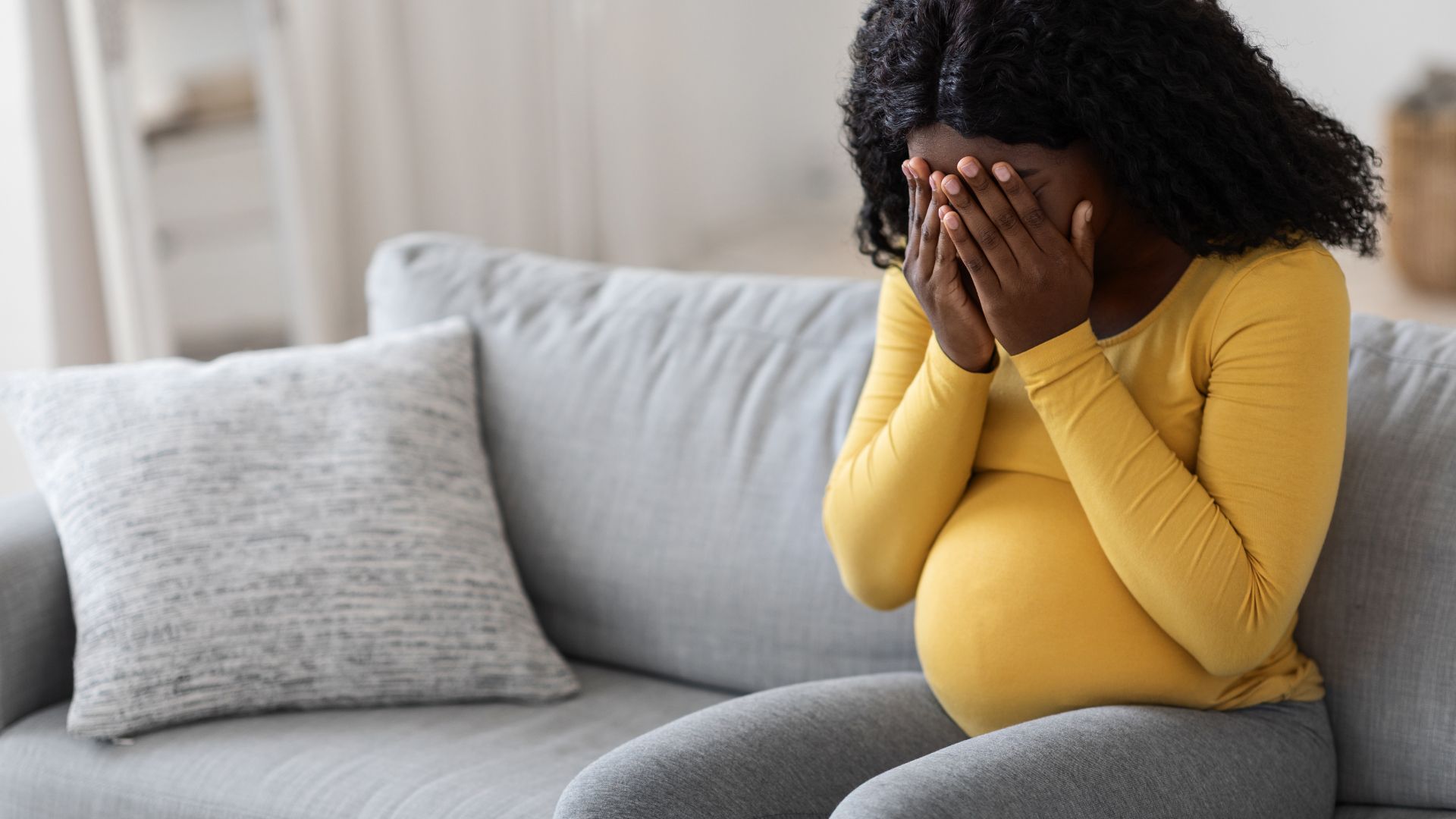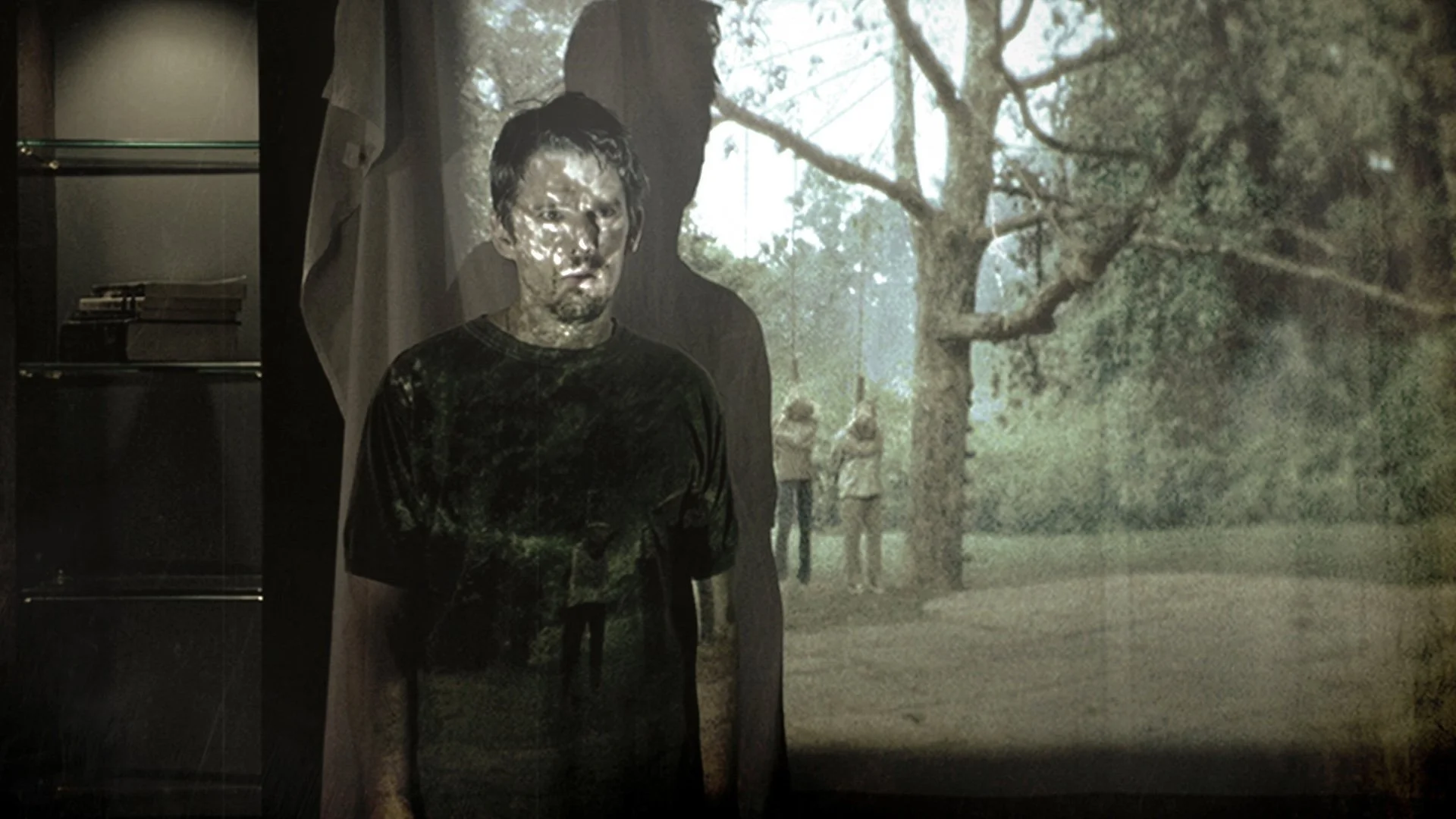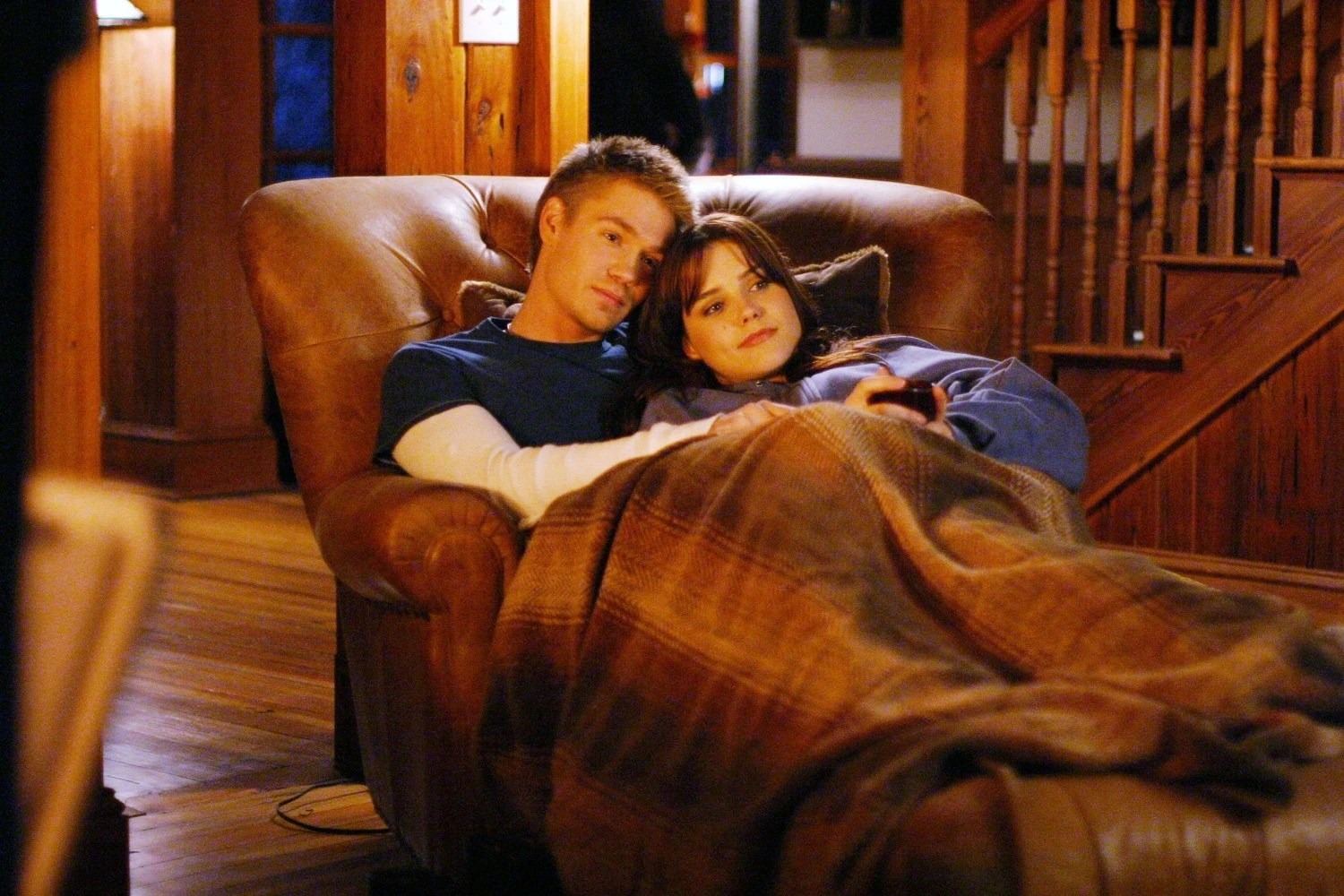When her father died, my friend Claire, then 25, had a sudden desire to have a child, gripped, she says, by a “rush of life”. Even though her plan didn’t materialize until three years later, with the arrival of her first daughter, I admit I was rather surprised by her reaction.
To know for sure, I asked the opinion of Nathalie Lancelin, a psychologist specializing in perinatal care, to explain to me what happens in the head of a woman who loses one of her parents, or both, before becoming a mother.
“ Being an orphan changes your outlook on life, that’s for surehe explains to me. But, faced with this, two behaviors are possible: either, like Claire, the desire to create one’s own family becomes pressing. Or it is the opposite and the desire to have a child is interrupted. It also happens that some women have difficulty getting pregnant; which obviously does not exclude the possibility that a pregnancy occurs later, while the mourning is being felt. “.
To be scarred for life
Claire thought she had cried when the test revealed she was pregnant. But, soon, painful memories resurfaced, and as her belly grew, she developed a panic fear of having to give birth in hospital…” For me it was a place where we will die and not a place where we also give life » admits the woman who had to consult a psychologist to allay her fears.
Early orphanhood is a scar that lasts a lifetime and in this hormonal and emotional upheaval that is pregnancy, the wound happens to reopen. “ It’s truly a crucial period, but luckily it’s not going badly for everyone. We simply need to be aware that weaknesses can resurface during this time and that it is important not to bury them to prevent them from overflowing too much. Marie Tournigand, general delegate of the Empreintes association, slides reassuringly.
Anxiety, difficulty sleeping, intrusive images, reminiscences, intense emotions… are all signs that a block in the reconstruction process persists. In this case, you should see it as an opportunity to allow yourself to take stock with a trained bereavement therapist or contact a specialized association to participate, for example, in discussion groups.
“ The idea of this work is to help parents enjoy the pregnancy, which should be a happy event, but also to avoid putting two or three stones in the baby’s backpack when the baby reaches the end of his life », Supports Nathalie Lancelin who also recommends talking to your child, including in the uterus.
Support elsewhere
Discussing it with him is certainly a way to not make it a taboo. Yes, your child does not have the opportunity to meet some of his grandparents in person, but through the family stories you tell him, the photos or videos thanks to which he will be able to put a face to a name, their memory remains intact.
“ As long as we remember, they live a little », sums up Julie well, who lost her father at 12 and her mother 3 years after the birth of her daughter Ella. “ For me their death is not a problem, in the sense that I have no problem discussing it with my daughter. On the other hand, I find it difficult to separate myself from my ancestors in this way. When I have questions about my past, they go unanswered », regrets this graph from Nantes.
We know the importance of having the support of our parents when we become one ourselves. But when bonds are broken, especially in the event of death, support can come from the partner, relatives, friends, peers or professionals (SMEs, associations dedicated to parenting, midwives).
A tip: don’t hesitate to list the people who can help you on a daily basis and in moments of vulnerability. Supervision, especially on anniversary dates. Some orphans celebrate the anniversary of their parents’ deaths. It’s up to you to find the ritual that makes you feel good or identify the activities or places that calm you when the emotion arises.
Julie chose Mother’s Day to honor hers. Every year she sends a bouquet of flowers to her two sisters and, as a bonus, she receives a hug from her daughter. A beautiful revenge on life!
*Source: C. Flammant, Population & Societies, INED (National Institute of Demographic Studies), August 2020
Other articles on
Desire for a child
-
These 10 Lies Told by ALL Parents in the ’90s
-
Timothée chose ethical surrogacy: “if consent is informed, women are not exploited”
-
The best second hand fashion sites for children and babies
-
“Demographic rearmament”: 3.3 million French people are affected by infertility
-
Access to free time is an “essential” right of children, according to the Rights Defender
Listen to Apéro des Daronnes, Madmoizelle’s show that aims to break down taboos on parenting.
Source: Madmoizelle
Mary Crossley is an author at “The Fashion Vibes”. She is a seasoned journalist who is dedicated to delivering the latest news to her readers. With a keen sense of what’s important, Mary covers a wide range of topics, from politics to lifestyle and everything in between.





